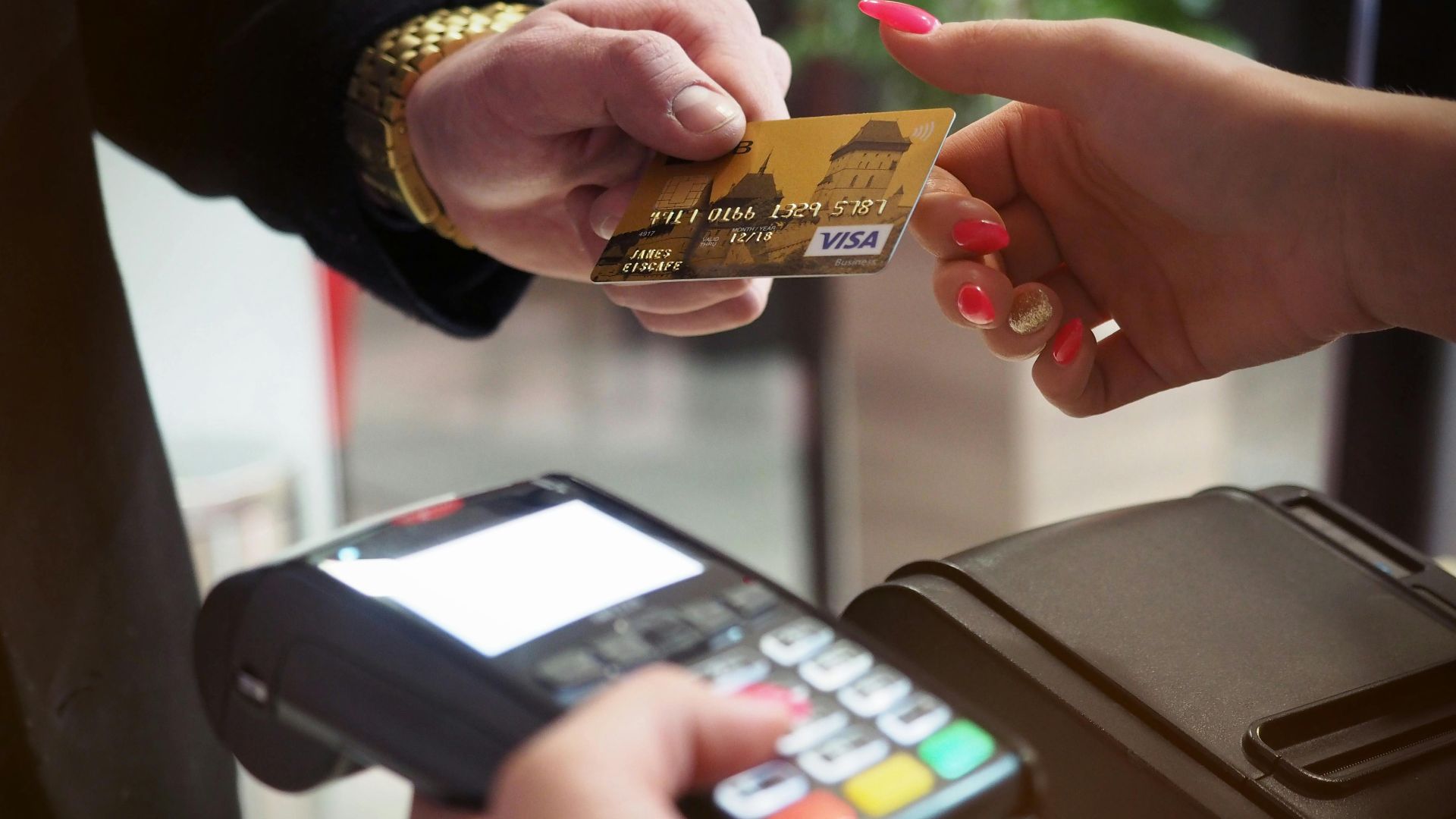The Challenge of Holiday Spending
The holiday season brings joy and financial stress. Between gifts, travel, decorations, dinners, and celebrations, expenses can quickly spiral out of control. Without a clear game plan, many people resort to credit cards, piling up debt long term. The good news is, with mindful budgeting you can enjoy the holidays without overspending or accumulating new debt.
Set A Realistic Holiday Budget
Start by reviewing your current finances and determining exactly how much you can afford to spend. Be honest with yourself; this isn’t about how much you want to spend, but what your budget permits. Set a firm limit that won’t jeopardize rent, bills, or emergency savings.
Make a Comprehensive Spending List
List all your anticipated expenses: gifts, wrapping supplies, travel, meals, decorations, and events. Assign dollar estimates to each category. This makes your budget tangible and helps you avoid unpleasant surprises later. Don’t forget hidden costs like postage or charitable donations.
 Photo By: Kaboompics.com, Pexels
Photo By: Kaboompics.com, Pexels
Prioritize The Things That Matter Most
Decide which holiday traditions and expenses bring you the most joy. Maybe it’s giving out presents, travel, or hosting a dinner. Allocate more of your budget there and scale back on those areas with less impact. Keeping your priorities straight will help you spend meaningfully, not mindlessly.
Use the Cash Envelope System
A cash-based system keeps you accountable to your budget. Withdraw your budgeted amount in cash, divide it by category, and stop spending once the envelopes are empty. When you can physically see the cash draining away, it makes overspending less tempting.
 Photo By: Kaboompics.com, Pexels
Photo By: Kaboompics.com, Pexels
Shop Early And Take Advantage of Sales
Avoid last-minute shopping, which often causes impulse purchases and higher prices. Start early so you can compare deals and take advantage of Black Friday, Cyber Monday, and pre-season discounts. Planning ahead can help you reduce costs by a lot.
Take Advantage Of Rewards and Points
If you use rewards programs, there’s no time like the present to redeem them. Travel points, cashback offers, or store rewards can cover part of your expenses. Just make sure you’re using existing points and not racking up new debt to earn more.
Plan Group Gifts Or Gift Exchanges
Instead of buying individual gifts for everyone, you could suggest a Secret Santa or group gift exchange. This tradition saves everyone money and ensures that everyone receives something meaningful. It also takes away the pressure of buying presents for an entire family or workplace.
Try DIY Gifts With Personal Value
Handmade gifts, baked goods, or photo albums often carry more personal meaning than store-bought items. They’re affordable, heartfelt, and customizable. Set time aside for crafting, or whatever else you have in mind; you’ll save money and create lasting memories.
 Photo By: Kaboompics.com, Pexels
Photo By: Kaboompics.com, Pexels
Limit Non-Gift Spending
Christmas presents aren’t the only holiday expense. Keep your decorations simple and reuse items that you already own. Choose potluck-style gatherings instead of footing the entire food bill. Small adjustments across categories can reap big savings.
Set Limits On Gift Giving
Don’t feel obligated to buy for everyone. Set clear expectations with family and friends about budgets or alternatives. A lot of people will appreciate the honesty and may even follow your lead. Boundaries protect your wallet and keep you from stressing out.
 Photo By: Kaboompics.com, Pexels
Photo By: Kaboompics.com, Pexels
Use Holiday Savings Accounts
If you plan ahead, consider setting up a designated holiday savings account. Deposit a small amount monthly throughout the year. By December, you’ll have a ready fund and you won’t have to rely as much on credit cards to fill the gaps.
Track Your Spending Closely
Keep a running total as you shop. Use a budgeting app or simple spreadsheet to stay within limits. Vigilance is key, as even small untracked purchases can build up quickly over the holidays.
Avoid "Buy Now, Pay Later" Offers
It may be tempting, but deferred payment plans often include hidden fees or encourage overspending. If you can’t pay upfront, reconsider the purchase. The holidays should bring joy and relaxation, not a financial headache in January.
Consider Experiences Over Things
Shared experiences like family outings, volunteer work, or game nights can be a lot more rewarding than buying material gifts. They build memories without the hefty price tags of consumer goods.
Communicate with Loved Ones
Money discussions may make you feel uncomfortable, but transparency helps. Let your loved ones know you’re trying to budget carefully this year. Many will appreciate your honesty. Who knows? Maybe they’ll even adopt similar strategies themselves.
Factor in Post-Holiday Expenses
Plan for upcoming costs like utility bills, insurance premiums, or debt payments that can hit hard in January. Don’t blow your budget in December only to struggle later. Balance holiday joy with future stability.
 Photo By: Kaboompics.com, Pexels
Photo By: Kaboompics.com, Pexels
Build A Small Contingency Cushion
Even the best laid plans can run into surprises. Set aside a small buffer, like say 5–10% of your total budget, for unexpected costs. This helps you stay flexible without having to resort to credit cards.
 Photo By: Kaboompics.com, Pexels
Photo By: Kaboompics.com, Pexels
Reflect On Past Holiday Spending That Left You Broke
Review last year’s habits: what worked, what didn’t, and what you overspent on. Use those lessons to improve this year’s approach. Conscious reflection helps you learn from past mistakes so you can make each holiday season smoother and smarter.
A Debt-Free Holiday Season: Yours To Enjoy
With careful planning, mindful spending, and thoughtful choices, you can celebrate and relax without accumulating debt. The peace of mind that comes from staying within your means is one of the best gifts you can give yourself this season.
You May Also Like:
Mind Over Money: How To Break The Frivolous Spending Cycle
The Biggest Money Mistakes People Are Making, As Told By Successful Savers





















